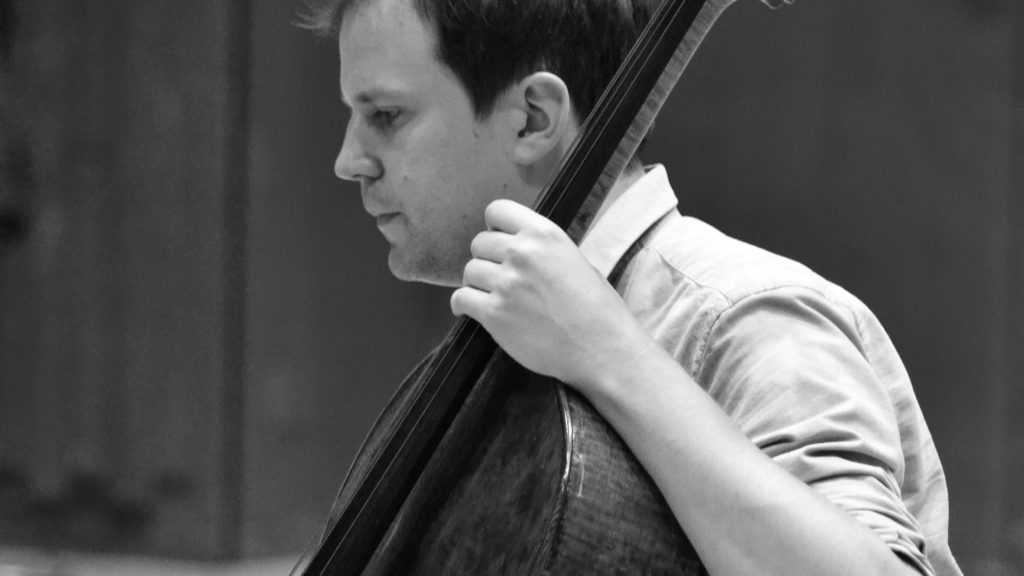
THE 2020 York Chamber Music Festival is going online to live-stream three concerts from the National Centre for Early Music, Walmgate, from September 18 to 20.
Festival artistic director Tim Lowe says: “This year, we can’t have an audience because of the Covid-19 virus, but we were determined to put on some wonderful concerts anyway.
“We’ll be able to celebrate the 250th anniversary of Beethoven’s birth as first planned, and the only change is that we’ve decided it’s not possible to stream the lunchtime recitals”
Cellist Lowe will be performing with Simon Blendis and Charlotte Scott, violins; Matthew Jones, violin and viola; Jon Thorne, viola, and Katya Apekisheva, piano.
On September 18, their programme will be: Beethoven’s String Quartet No. 11 in F minor, Op. 95, Serioso; Herbert Howells’ Fantasy String Quartet, Op. 25 and Robert Schumann’s Piano Quintet in E Flat major, Op. 44.
On September 19, they will play: Beethoven’s String Quartet No. 1 in F major, Op.18, No. 1; Josef Suk’s Piano Quartet in A minor, Op.1 and César Franck’s Piano Quintet in F minor.
September 20’s festival climax will open with Beethoven’s String Quintet in C major, Op. 29, followed by Antonín Dvořak’s String Quintet in E Flat major, Op. 97.
“In each of the three online concerts, I’ve selected one work to represent or point to key moments in Beethoven’s artistic evolution and spiritual journey,” says Tim. “It was Beethoven’s great tragedy that for much of his adult life he became progressively deaf until there was nothing left. It would seem that as his outer-ear faded, so his inner-ear quickened.”
Assessing each Beethoven piece, Tim says: “In the String Quartet No. 1 in F major, Op.18, No. 1, we catch Beethoven thinking hard about his entry to this genre and already changing convention, poetic and assured.
“The String Quintet in C major, Op. 29 is a pivotal work that is the harbinger of his middle-period chamber music, a bubbling attractive piece that belies Beethoven’s realisation of impending deafness.
“The enigmatic, experimental F minor String Quartet, Op. 95 is the forerunner of his last series of ‘late’ quartets, already reaching for the stars but with a new sort of music never heard before, light years ahead.”
Summing up the accompanying works, he says: “Almost everything else in the programme can be thought of as a legacy of this one man [Beethoven]. A feature of the 2020 event is that we’re playing piano quintets, which was more or less invented as an ensemble by Robert Schumann – having immersed himself in a study of Beethoven’s trios and quartets – Mozart and Haydn too – while his wife, international pianist Clara, was away on tour.”
A Yorkshireman’s favourite price will apply. “To maximise our outreach, we’ve decided that the concerts will be free to listen to and we hope you will join us this month to enjoy them,” says Tim. “But we ask that you make a donation if you possibly can, in lieu of buying tickets.
“Putting on these concerts and recording them is very costly. York Chamber Music Festival is a non-profit charity that depends on support from donors and sponsors. Please help if you possibly can: there is a ‘Donate’ button on our website, ycmf.co.uk, should you wish to help.”
Over the past seven years, York Chamber Music Festival has presented more than 40 concerts and recitals. “We’ve brought to the city some of the country’s best, internationally renowned players,” says Tim.
“Feedback and press reviews both refer to the freshness and vitality that the festival artists bring to core and less familiar chamber music repertoire. Steven Isserlis, Anthony Marwood, Ian Brown, Adrian Brendel, Charles Owen, Emma Johnson, to name but a few, have joined us for great music-making.”
For full details on the 2020 festival programme and participating musicians and on how to watch the concerts, go to www.ycmf.co.uk.
“We hope you can join us for some wonderful live concerts from York. Stay safe and well,” concludes Tim.
